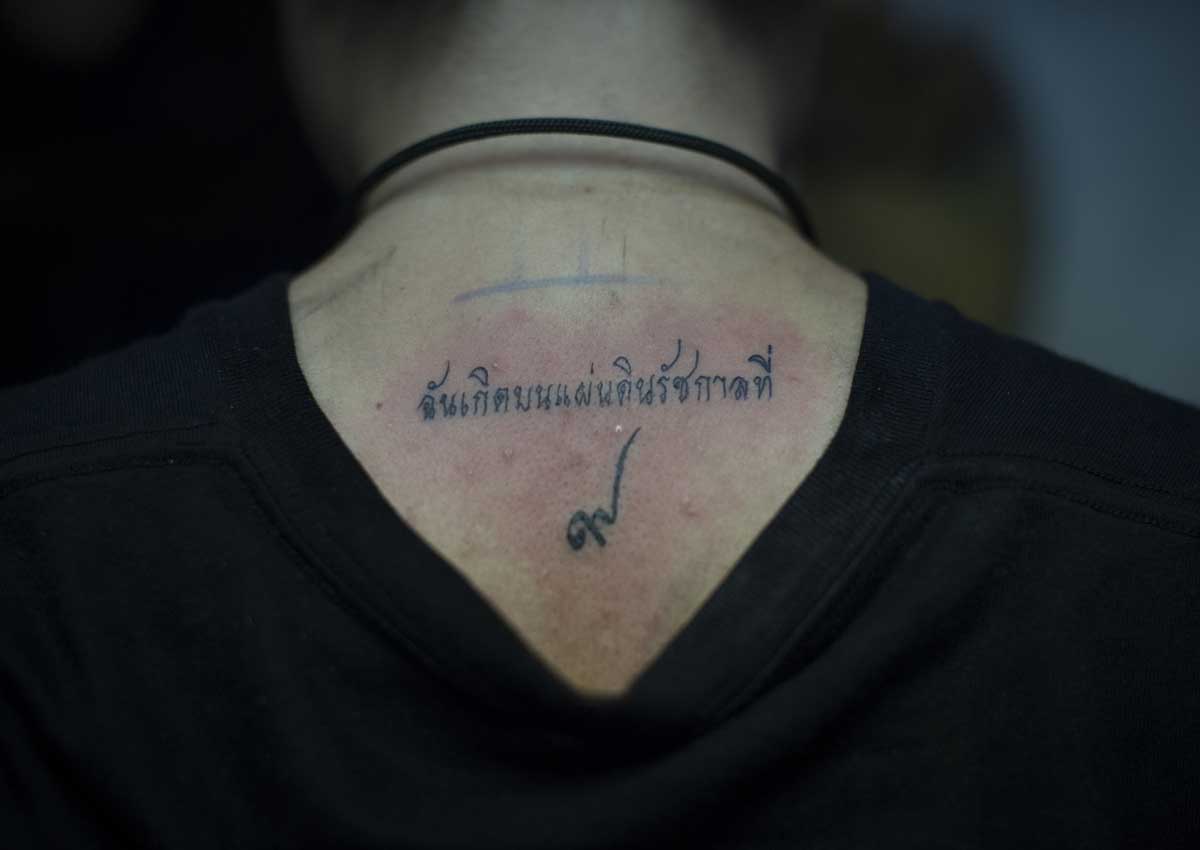Thailand has officially entered a one-year mourning period following King Bhumibol Adulyadej’s passing on October 13, with a ban on all celebratory behaviour, which includes drinking alcohol in public, until mid-November. Bars and clubs have been closed while parties, concerts, festivals and product launches were cancelled or postponed until further notice.
Many television programs-including soap operas, comedy and game shows-have also been taken off air as a sign of respect while the country’s notorious red-light districts have also shuttered.
In addition to anticipated profit losses, employers could also face increased employee absenteeism, reduced productivity, and a slower pace of decision-making, advisory firm BowerGroupAsia said in a statement.
Many businesses CNBC spoke to chose not to comment for this article. Any actions perceived to be defaming, violating or insulting the monarchy bear serious punishment, according to Thai lese majeste laws.
Speculation is high that the entertainment freeze could be officially or unofficially extended to three months.
“Companies may choose to suspend entertainment activities for longer, as was the case with the passing of Princess Galyani Vadhana in 2008 when many chose to suspend entertainment activities for 100 days, versus the government’s 15 day request,” Deutsche Bank analysts pointed out in a report.
In a country where tourism, hospitality and entertainment industries are key contributors to economic growth, a multi-month pause on business activity is significant.

Photo: Reuters
“Given the high seasonal bias in the fourth quarter due to festive season, the impact of the slowdown could be disproportionately higher,” Maybank economists warned in a note.
The media industry, including analog and cable television in addition to digital and out-of-home advertising, could emerge as the worst hit.
“These entities should see cancellation of contracts as screens are turned monochrome black and white.
Programming may have to be altered to suit the mandate of respectful content, which could incur extra costs,” Maybank stated.
But the damage shouldn’t last too long.
Media firms can expect lower advertising revenue in the near-term but there should be no lasting material change in business fundamentals, according to Credit Suisse.
“The situation should normalise from 2017 onwards, in our view,” the bank’s research analysts said in a note.
Restrictions on sales of alcoholic beverages that were imposed in the immediate days following the King’s death could continue, dealing a blow to the food and beverage (F&B) sector.
“Given that food traffic could ebb significantly in bars, pubs, restaurants and other entertainment places, sales volumes for alcoholic drinks should fall,” Maybank said.
Real-estate firms meanwhile will experience delayed launches of new residential and commercial projects for the next two months, meaning some developers could miss pre-sales targets, Maybank continued.
“Delaying launches makes sense to us because foot traffic in many commercial complexes is expected to ebb materially.
Before this event, we thought that Sep-Dec would be a busy period, with $2.6 billion of projects earmarked for launch. This is no longer the case.”
Outside of F&B, overall retail activity is unlikely to be significantly impacted.
“Shopper traffic dropped sharply in the immediate days after the King’s passing, but has since picked up.
While moods of shoppers are subdued in malls, activity has not dropped to levels where tenants are under duress … In fact, fashion-based retailers have been seeing exceptionally high demand for black and white clothing, which is being worn during the mourning period,” Credit Suisse said.







